|
|
|
|
The ability for people, goods, and services to move in cities is what helps unlock the benefits of urbanisation - and links it to economic growth. Yet many transport systems in African cities, like in Kampala, are crumbling under the weight of rapid urbanisation. Climate change is contributing to the problem. In addition, in many cases, transport systems – existing ones and those being constructed – don’t consider the needs of the majority of urban residents who walk. For example, in Nairobi and Freetown, priority is being given to cars, yet most people in these cities walk.
The decisions on what investments are made with a city’s limited resources are dependent on its governance structures. But, as Ola Uduku and Taibat Lawanson note, governance structures are complex in places like Lagos. Various tiers of authority don’t align, leaving local government with limited autonomy. In cities like Addis Ababa, as Ezana Weldeghebrael highlights, planning has traditionally been top-down. This has meant
that the needs and desires of most city residents have been ignored.
Aggravating this is that in some places like Johannesburg and Accra some crucial urban decisions around housing have been captured by the elites, further undercutting the voice of the majority of urban residents.
A city is only as good as its ability to meet the needs of the people living there. Therefore, as nearly 1 billion more people are set to enter African cities in the coming 30 years, planning for them now, including revisiting institutional structures is key. And, as Gareth Haysom, Jonathan Crush and Bruce Franye, point out, this will also require considering new areas of governance that cities have traditionally not been responsible for, such as food production.
|

|
Astrid R.N. Haas
Fellow, Infrastructure Institute, School of Cities
|
|
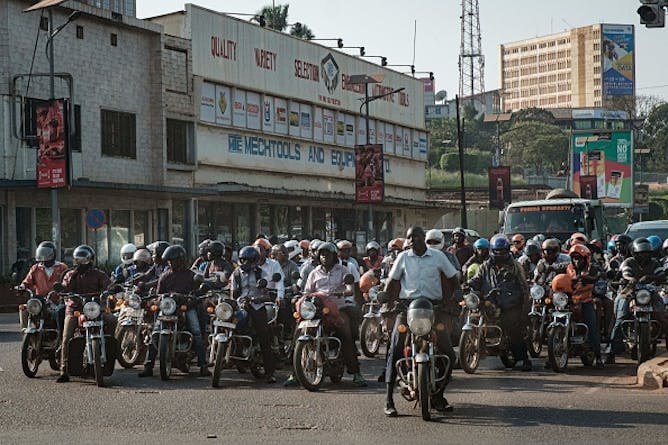
Motorcyclists at a traffic light in Kampala, Uganda.
Photo by Yasuyoshi Chiba/AFP via Getty Images
Astrid R.N. Haas, University of Toronto
Kampala’s current transport system is not working to the benefit of its users, its operators or the government. It is not providing a mobility service.
|
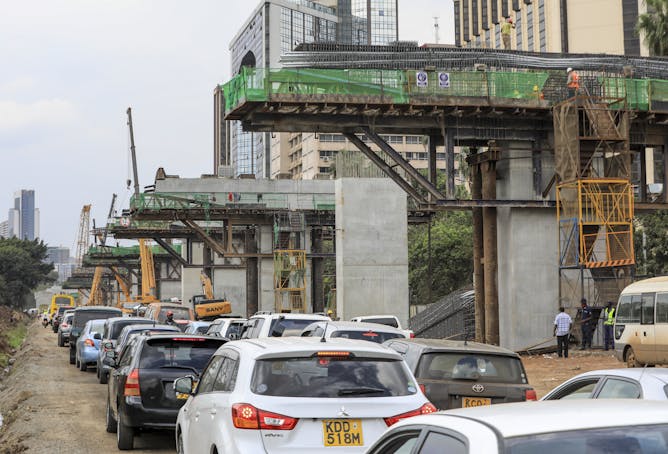
A section of the construction site of the Nairobi Expressway Project along the Uhuru highway in Nairobi, Kenya.
EPA-EFE/Daniel Irungu
Laji Adoyo, Kenyatta University
While the government continues to focus on building wider roads, most commuters in Nairobi rely on walking or public transport.
|
|
|
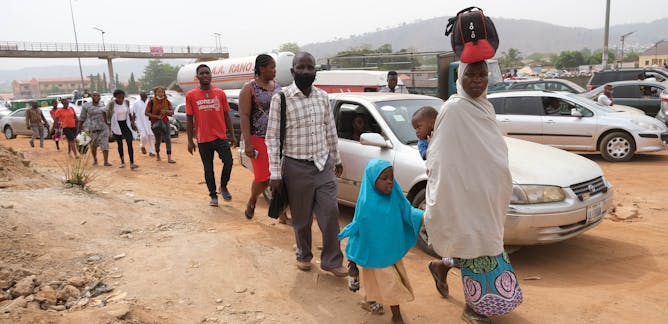
Seth Asare Okyere, Osaka University; Daniel Oviedo, UCL; Louis Kusi Frimpong, University of Environment and Sustainable Development ; Mariajose Nieto, UCL; Michihiro Kita, Osaka University
African city planners need to promote inclusive cities where residents are not captive walkers but walk because it is accessible, safe and pleasurable to do so.
| |
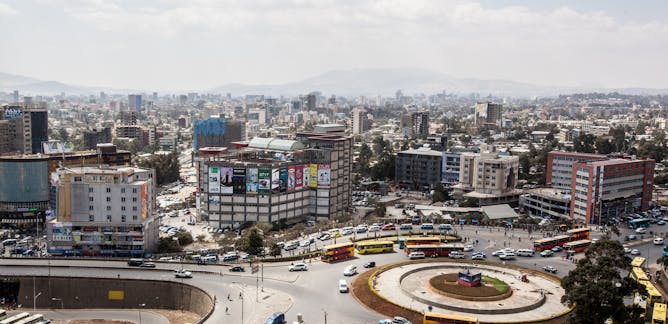
Ezana Weldeghebrael, University of Manchester
Addis may be shaping up to look like the modern city that the government wants, but it is yet to meet the needs of most residents.
|
|
|
|
|
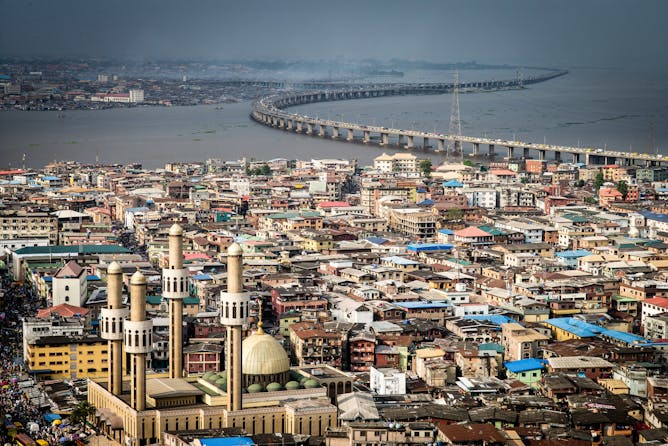
Michael Kraus/EyeEm/GettyImages
Ola Uduku, University of Liverpool; Taibat Lawanson, University of Lagos
Governing a city like Lagos, with deep-seated socioeconomic inequalities, is not a job for the fainthearted.
|
|
|

Benjamin H. Bradlow, Harvard University
The city’s government wanted the wealthy and overwhelmingly white areas of the city to subsidise the development of the poor and overwhelmingly black areas.
| |

Tom Gillespie, University of Manchester
In the formal real estate industry, there is an emerging narrative that affordable housing deficits in African cities represent a vast untapped market
|
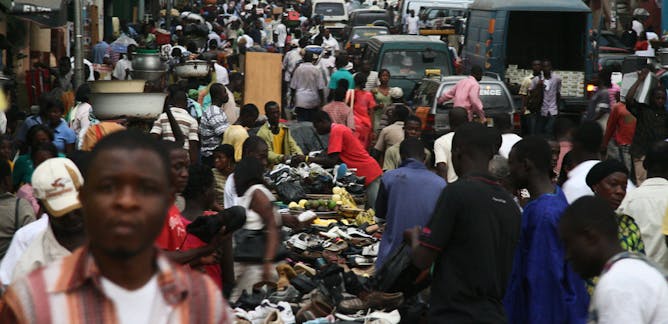
Astrid R.N. Haas, International Growth Centre
Africa is home to the world’s fastest growing cities. However, poor governance has robbed the continent of the benefits of people and firms clustering together.
| |
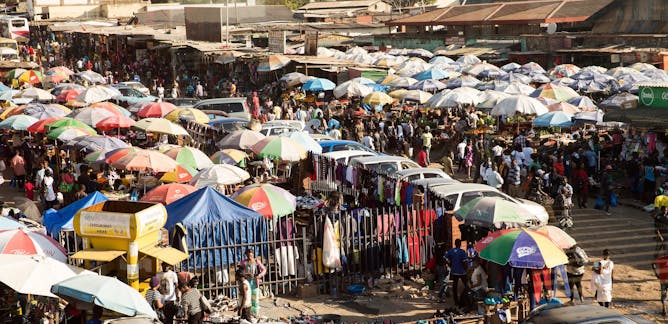
Gareth Haysom, University of Cape Town; Jonathan Crush, Wilfrid Laurier University; Prof. Bruce Frayne, University of Waterloo
As the global South transitions to a predominantly urban future, food offers a way to understand the role of cities in future development.
|
|
|
| |
Featured events
|

|
— 52 Ryneveld Street, Stellenbosch, Western Cape, 8000, South Africa — Stellenbosch University
|

|
— 2 St Davids Place, Parktown, Johannesburg, Gauteng, 2193, South Africa — University of the Witwatersrand
|

|
— 52 Ryneveld Street, Stellenbosch, Western Cape, 8000, South Africa — Stellenbosch University
|

|
— 52 Ryneveld Street, Stellenbosch, Western Cape, 8000, South Africa — Stellenbosch University
|
|
|
|
| |
| |
| |
Would you like to republish any of these articles?
|
|
It’s free to republish, here are the guidelines.
Contact us on africa-republish@theconversation.com in case you need assistance.
|
| |
| |
| |
| |
|
|
|
|
|
|
|